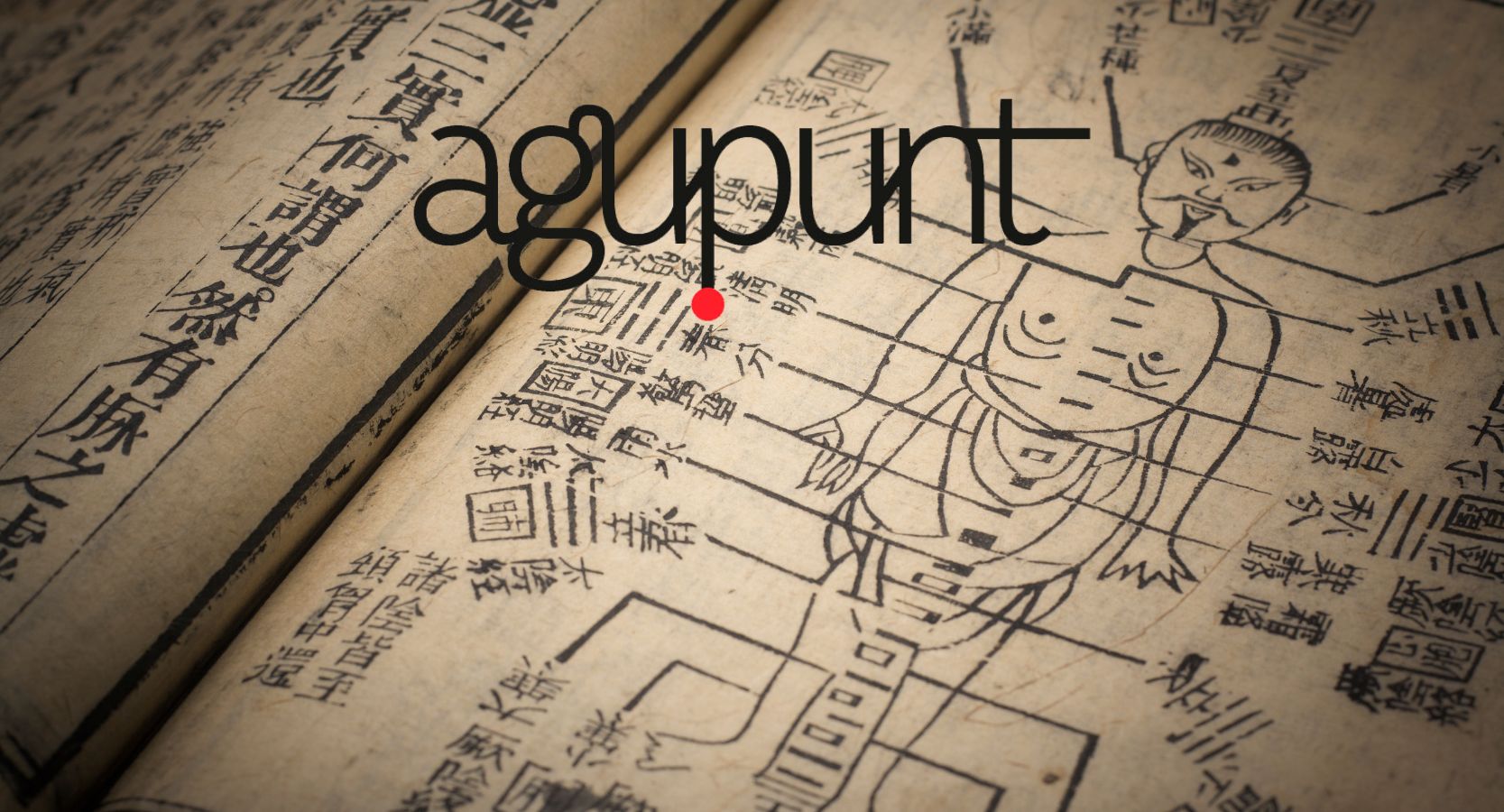The liver plays a crucial role in the overall health and well-being of the human body. According to Traditional Chinese Medicine (TCM), the liver is not only responsible for detoxification and metabolism, but it is also associated with emotional and mental functions, such as the regulation of energy flow or “qi”. When the liver is unbalanced or not functioning properly, a range of physical and emotional symptoms can manifest, from fatigue and abdominal pain to irritability and depression. In this article, we will explore how Chinese Medicine and acupuncture can be effective tools for liver care and overall health.
The Concept of the Liver in Traditional Chinese Medicine
According to TCM, the liver is associated with the wood element and is considered one of the most important organs for maintaining balance and harmony in the body. It is believed that the liver stores blood and is responsible for regulating its flow, as well as controlling the smooth flow of qi in the body. Additionally, it is attributed with the function of storing essence (jing), which is vital for health and longevity.
When the liver is out of balance, a variety of symptoms, both physical and emotional, can manifest. In TCM, anger and frustration are emotions associated with the liver, so a liver imbalance can lead to irritability, depression, or sudden mood changes. Physically, liver imbalances can manifest as fatigue, headaches, digestive problems, and menstrual issues in women.
Signs of an Unhealthy Liver

Recognising the signs of a diseased liver is critical to addressing any health problems early. Some common signs of a bad liver include:
- Persistent fatigue: Unexplained fatigue may be a sign that the liver is not functioning properly and may be struggling to remove toxins from the body.
- Abdominal pain or discomfort: Pain or discomfort in the upper right part of the abdomen may indicate liver issues, especially if experienced after eating fatty or rich foods.
- Jaundice: Jaundice, which appears as yellowing of the skin and eyes, can be a sign of an underlying liver problem, such as hepatitis or cirrhosis.
- Nausea and vomiting: The feeling of nausea or the presence of frequent vomiting may be indicative of a sick liver, especially if experienced along with other liver symptoms.
- Changes in the color of urine or stools: Dark urine or pale stools may be signs of liver malfunction and should be evaluated by a health professional.
Acupuncture for Liver Care
Acupuncture is an integral part of traditional Chinese medicine that has been used for centuries to treat a variety of conditions, including liver imbalances. During an acupuncture session focused on the liver, a practitioner will insert thin needles into specific body points believed to be related to liver function and emotional balance.
Some of the most commonly used acupuncture points for liver care include the point LV3 (Taichong), located on the top of the foot between the first and second metatarsals, believed to help promote the smooth flow of liver qi and alleviate emotional irritability. Another important point is LV14 (Qimen), located on the abdomen below the rib cage, considered helpful for relieving liver tension and improving digestion.
Caring for the Liver with Lifestyle and Nutrition
In addition to acupuncture, TCM emphasizes the importance of lifestyle and nutrition in liver care. Maintaining a balanced lifestyle and avoiding excessive stress are recommended, as chronic stress can negatively impact liver function. Regular exercise, such as tai chi or qigong, can also be beneficial for promoting the smooth flow of liver qi and reducing emotional stress.
Health professionals may use Agupunt acupuncture needles as part of their therapeutic approach to liver care. The use of high-quality acupuncture needles can contribute to the effectiveness of treatment and the positive experience of the patient.
As for nutrition, TCM recommends a balanced diet that includes foods that support liver health, such as leafy green vegetables, fresh fruits, whole grains, and lean proteins. It is suggested to avoid excessive fatty, spicy, or processed foods, which can overload the liver and hinder its function.
Traditional Chinese Medicine Training at Agupunt
Acupuncture, along with changes in lifestyle and nutrition, can be an effective tool for maintaining balance and harmony in the liver, thereby promoting optimal health at all levels.
If you are interested in learning more about how traditional Chinese medicine can help maintain liver health and improve overall well-being, Agupunt offers specialized training courses. Our courses are designed to provide a deep understanding of the fundamental principles of TCM, including meridian theory, Chinese herbal medicine, acupuncture, and much more. With highly trained instructors and a practical approach to learning, our training programs will equip you with the skills and knowledge needed to effectively integrate TCM into your clinical practice or for your own well-being.

